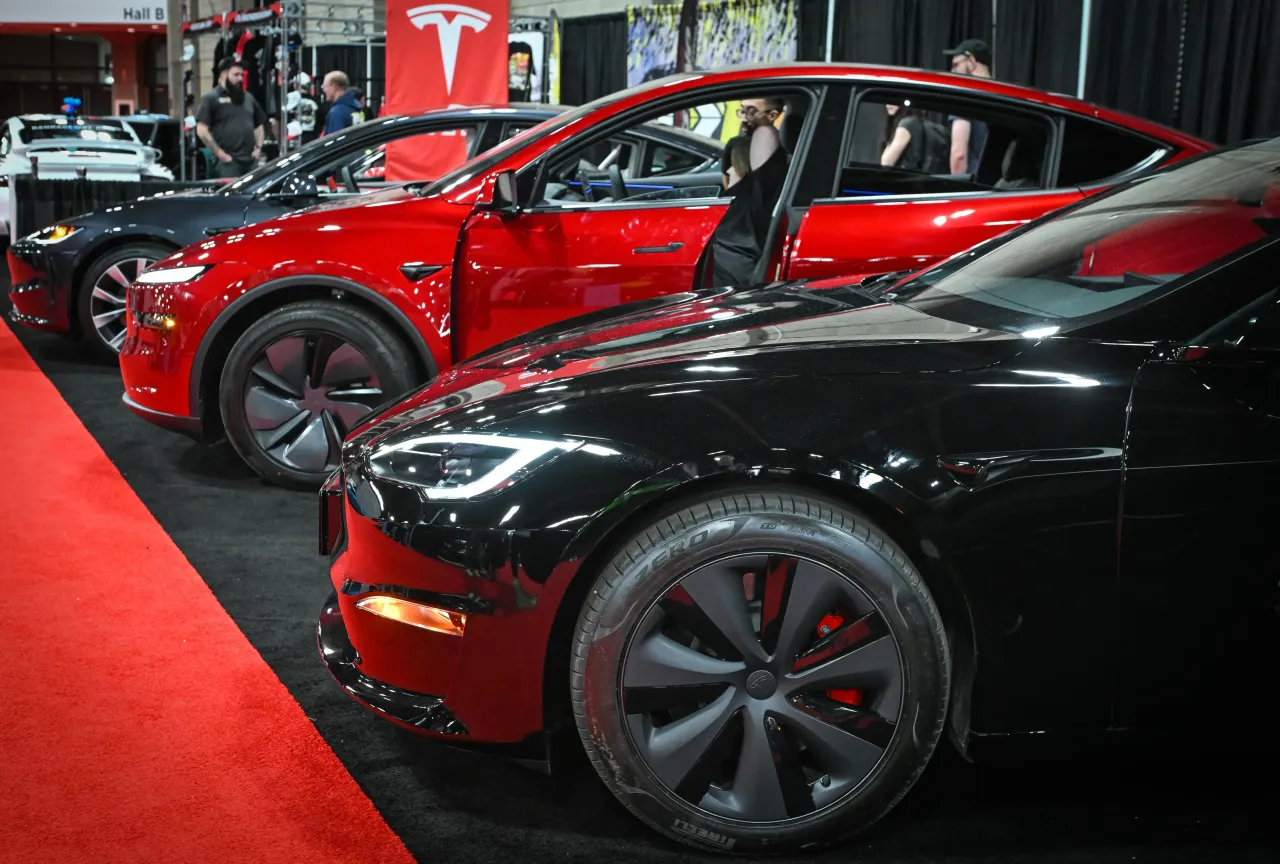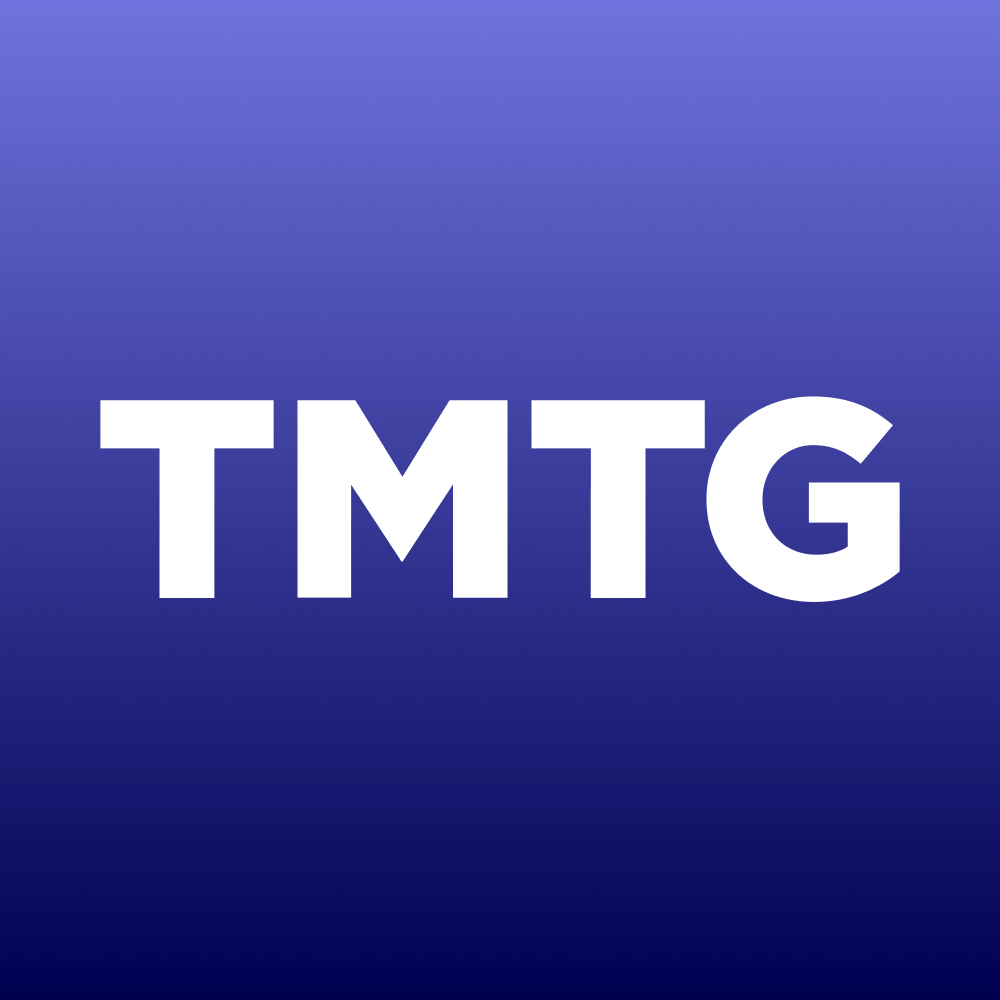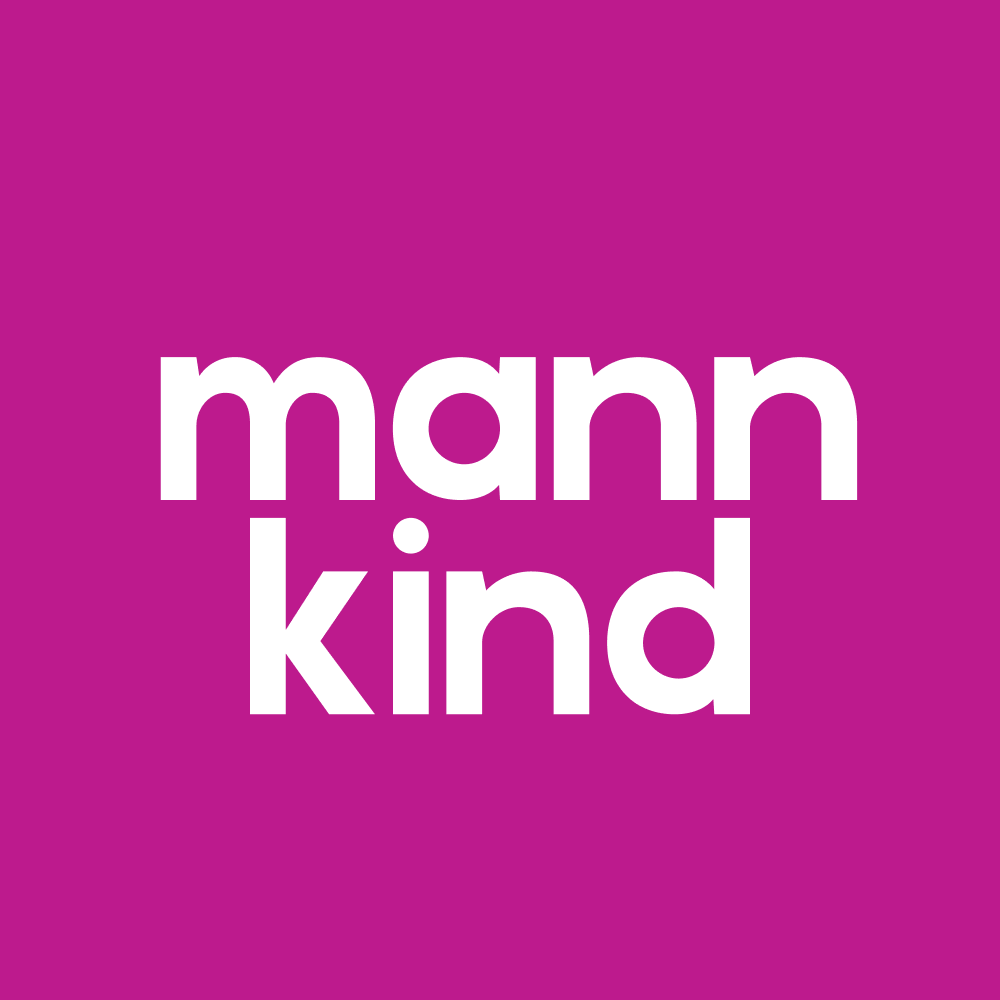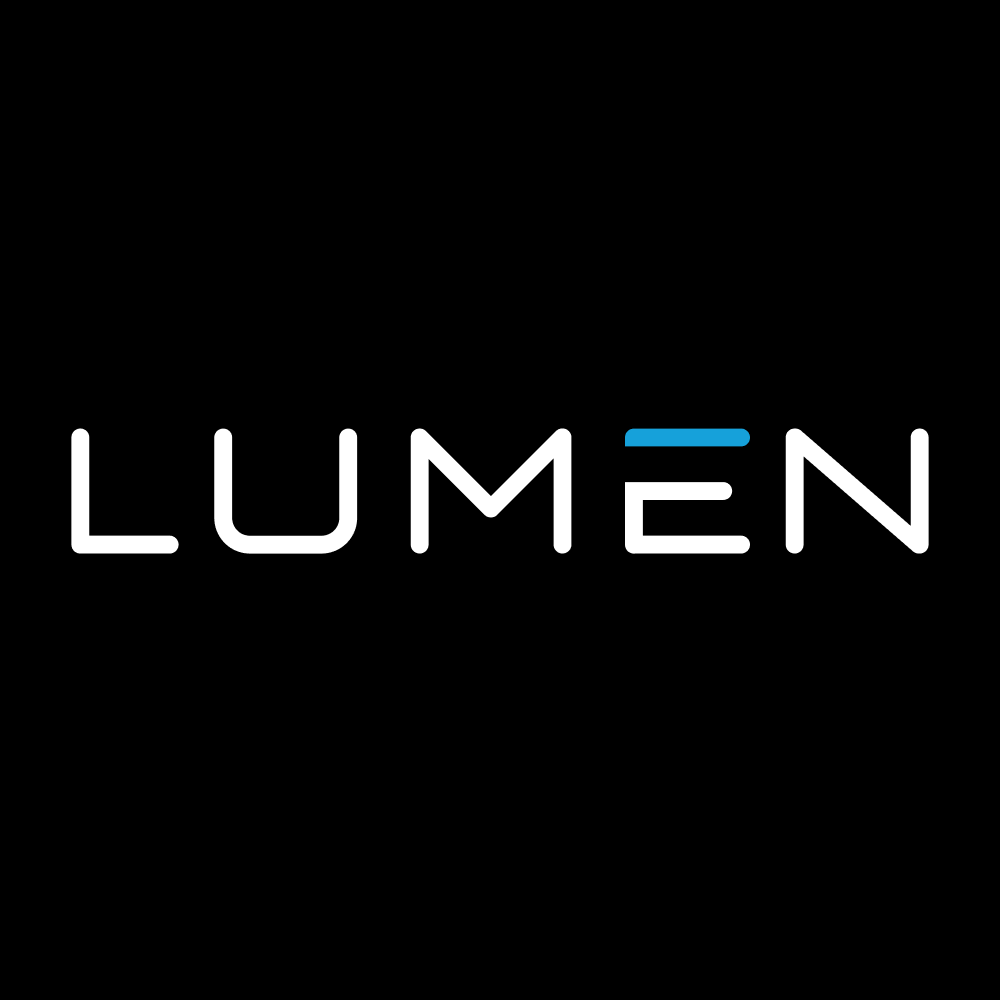Advertisement|Remove ads.
Tesla Faces First Federal Jury Trial Over Fatal Autopilot Crash As Plaintiffs Seek $345M

Tesla is facing a jury in federal court for the first time over a fatal crash linked to its Autopilot system.
The trial, which has been underway in Miami since mid-July, has drawn growing attention over the past month as new testimony and internal details have raised serious questions about what drivers are told and not told about the system’s limitations.
The crash happened in 2019 in Key Largo, Florida. George McGee was behind the wheel of his Tesla Model S with Enhanced Autopilot activated when he dropped his phone and reached down to retrieve it.
He told the court he believed the car would take care of braking if anything were in the way. But it didn’t. The car sped through an intersection and slammed into a parked SUV. Two people standing nearby were hit. Naibel Benavides Leon, 22, was killed instantly. Her boyfriend, Dillon Angulo, survived but was left with serious injuries.
The plaintiffs, Benavides’ family and Angulo, are seeking $345 million in damages, including $236 million in punitive damages, CNBC reported.
They argue that Tesla’s Autopilot system failed to detect obstacles visible to onboard cameras and that the company did not adequately warn drivers about its limitations.
Last month, Mary “Missy” Cummings, a former safety adviser at the National Highway Traffic Safety Administration, testified that Tesla’s safety warnings were poorly communicated and that the company skipped key safeguards such as geo-fencing, which could have limited Autopilot’s use to suitable roads.
She told the jury that drivers were likely to overtrust the system because of how it was framed. “The car is doing a good job of driving,” she said, describing the mindset. “So I’m going to reach down and pick [the phone] up because my copilot is driving.”
Cummings also pushed back on Tesla’s claim that its driver alerts were the best in the industry, saying, “I saw no evidence that would back up this claim.”
Tesla argues that McGee was at fault, noting he pressed the accelerator during the crash, overriding Autopilot. The plaintiffs had previously settled with McGee, who was cited for careless driving and did not contest the charge.
While Tesla typically resolves Autopilot-related cases through arbitration or private settlement, Judge Beth Bloom ruled in early July that this case could proceed, stating a jury could reasonably find that Tesla acted with “reckless disregard of human life.”
On Stocktwits, retail sentiment for Tesla was ‘bullish’ amid ‘low’ message volume.
Tesla’s stock has declined 18.7% so far in 2025.
For updates and corrections, email newsroom[at]stocktwits[dot]com.













/filters:format(webp)https://news.stocktwits-cdn.com/large_Bitcoin_Red_OG_jpg_d64521f99a.webp)
/filters:format(webp)https://st-everywhere-cms-prod.s3.us-east-1.amazonaws.com/Prabhjote_DP_67623a9828.jpg)
/filters:format(webp)https://news.stocktwits-cdn.com/large_crowdstrike_resized_jpg_ae45d5de0e.webp)
/filters:format(webp)https://news.stocktwits-cdn.com/shivani_photo_jpg_dd6e01afa4.webp)
/filters:format(webp)https://news.stocktwits-cdn.com/large_Getty_Images_2234227546_jpg_b7fa546ca4.webp)
/filters:format(webp)https://st-everywhere-cms-prod.s3.us-east-1.amazonaws.com/Rounak_Author_Image_7607005b05.png)
/filters:format(webp)https://st-everywhere-cms-prod.s3.us-east-1.amazonaws.com/large_hut8_logo_resized_dd54f54415.jpg)
/filters:format(webp)https://news.stocktwits-cdn.com/Anushka_Basu_make_me_smile_in_the_picture_b92832aa_af59_4141_aacc_4180d2241ba8_1_2_png_1086e0ed8c.webp)
/filters:format(webp)https://news.stocktwits-cdn.com/large_Getty_Images_2228875477_jpg_4c76a2e8b7.webp)
/filters:format(webp)https://news.stocktwits-cdn.com/vivekkrishnanphotography_58_jpg_0e45f66a62.webp)
/filters:format(webp)https://news.stocktwits-cdn.com/large_Getty_Images_2213365850_jpg_470b9c6c06.webp)